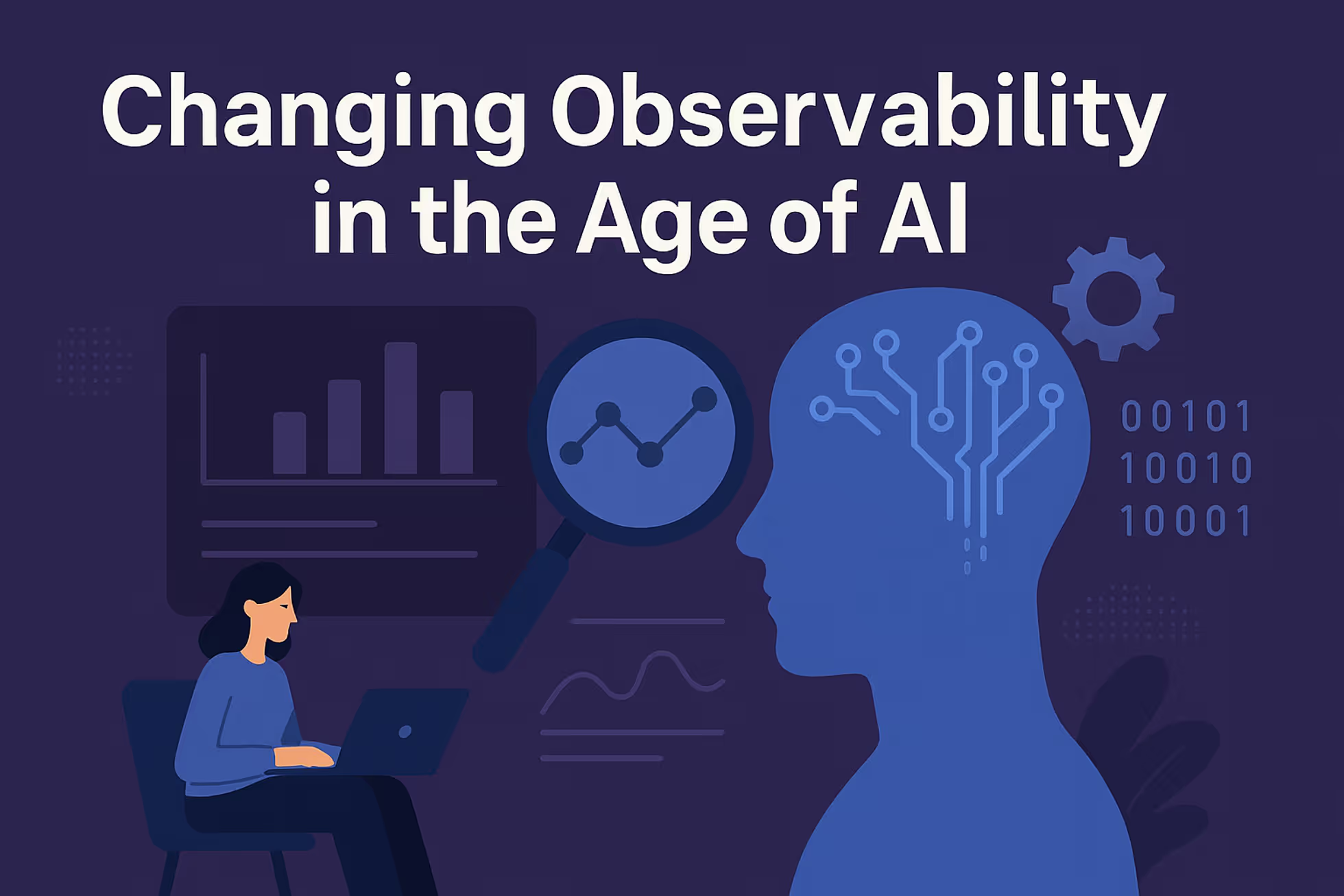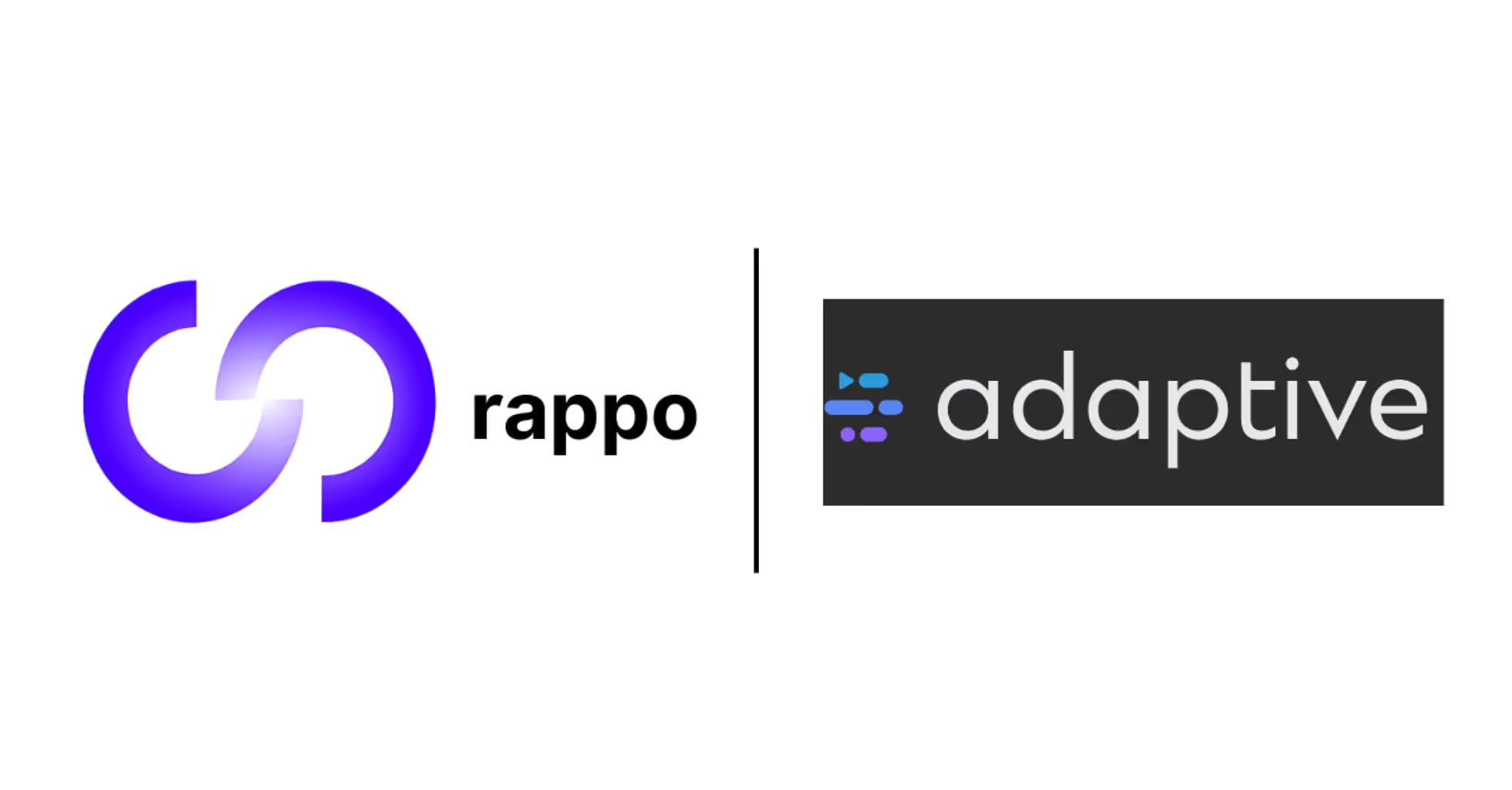Go-to-Market Vignesh Ravichandran • Jul 06, 2025
Figuring out ICP is Half the Battle in GTM: Why Who You Build For Matters More Than What You Think
After working with 85+ early-stage technical startup founders, here's the single biggest difference between those gaining real traction and those struggling: they've clearly identified their ICP.
I have been working with 85+ early-stage technical startup founders over the last year. Here’s the single biggest difference I’ve observed among the ones gaining real traction 🚀:
They’ve clearly identified their ICP (Ideal Champion/Customer Profile).
I deliberately use the word “Champion” because at the earliest of the early stage, a lot of them don’t have any customers. For those who are unaware of B2B GTM, a champion is someone who deeply understands your business pain, influences procurement and adoption decisions, and evangelizes your product within their team or company.
Identifying your ICP might feel straightforward or even trivial, but IMHO, nailing down your ICP is half the battle in early-stage GTM. Once you pinpoint exactly who has the burning problem your product solves, everything else, including your messaging, channels, product strategy, etc., falls into alignment naturally.
The Power of Getting Specific: A Real Startup Story
One startup I recently worked with thought their product was perfectly suited to early/mid-stage companies (Series B to E). However, after conversations with over a dozen engineering champions, they realized these companies weren’t feeling the pain they aimed to solve. There was no urgent “why now?”
After narrowing their focus specifically to security leaders at 2500–5000 person FinTech and HealthTech companies running Kubernetes, Vault, and managing complex access control, they immediately started gaining traction. Why? Because the pain was real and the urgency crystal clear.
ICP isn’t theory. It’s traction.
If you’re a first-time founder, especially from a technical background, you may have built your product before clearly identifying your target user. That’s okay. But once your ICP is defined, you’ll see faster results.
What is an ICP?
Your ICP (Ideal Champion/Customer Profile) isn’t just a vague persona. It specifically identifies customers who:
- Feel the pain your product solves
- Have urgency to resolve it
- Are positioned to adopt the solution now
Think about it like this:
If you’re building painkillers, your ICP is the person with a headache right now, not someone who might get one in a few months. If they don’t have a headache, no matter how much you push, they’re not going to buy. And offering a painkiller to someone without a headache might even make things worse.
Selling to the wrong people has the same negative impact, it’s just not worth the energy.
Why Defining Your ICP Early Matters
Without a clear ICP, you’re risking:
❌ Building for the wrong users
❌ Receiving noisy, unclear feedback
❌ Delivering ineffective messaging
❌ Wasting effort on ineffective product and GTM strategies
With a defined ICP, you’ll:
✔ Know exactly whom to prioritize
✔ Conduct focused outreach
✔ Get precise, actionable feedback
✔ Identify early adopters quicker
How to Define Your ICP (Worksheet)
Clearly answer these questions to build your ICP:
Who is the buyer/user? (e.g., Head of Engineering at a SaaS startup)
What pain are they feeling? (e.g., frequent production bugs)
What’s causing this pain now? (e.g., no QA processes, rapid scaling)
What tools do they currently use? (e.g., Sentry, Slack, manual workflows)
Why now? (e.g., recent outage, investor pressure)
🧠 Keep it clear. Don’t overcomplicate, start with one sharply defined ICP.
Understanding Customer Segmentation
Before defining what’s ideal, know who’s actually out there:
🏁 Stage: Pre-seed, Seed, Series A
🏢 Industry: Fintech, HealthTech, SaaS
👥 Company size: 1-10, 11-50, 51-200
🧩 Department: Engineering, Ops, HR
📊 Role level: ICs, Directors, VPs
⚙️ Tech stack: Databricks, Kubernetes, Postgres
Just select a few segments most relevant to your product and current traction.
Example ICP from Real Startups
Industry: Data & Infrastructure security
Company Size: 2500 to 5000
Department: Security / Engineering
Role Level: VP, CISO
Tech: Kubernetes, Vault, Access Control
Company Type: Mature enterprises in FinTech, HealthTech, RegTech
This snapshot illustrates a tight, actionable ICP. Yours will look different, that’s fine.
Common Mistakes First-Time Founders Make
Avoid these pitfalls:
❌ “Anyone with this problem” is too vague
❌ Targeting aspirational, rather than actual, buyers
❌ Not validating whether your ICP actually buys
❌ Ignoring trigger events that create urgency
✔ The fix: Start narrow, validate thoroughly, then expand.
What to Do After Defining Your ICP
Use your ICP to guide your:
📬 Cold outreach
🧾 Landing pages
📞 Sales/test calls
🔧 Early product decisions
Talk to 5–10 ICP representatives. Ask:
✔ Would you use this?
❓ What’s missing?
💥 What would make this an immediate yes?
The Rappo Advantage: Connecting You with Champions
At Rappo, we understand the critical importance of getting your ICP right from day one. That’s why we connect early-stage founders with experienced champions who’ve actually procured and championed early-stage products in their organizations.
These aren’t theoretical advisors — they’re practitioners who can tell you whether your ICP resonates, what’s missing from your value proposition, and how to position your solution for maximum impact.
Want Feedback on Your ICP?
If you’re a technical founder looking to validate and refine your ICP with real practitioners, Rappo connects you with champions who understand your space.
If you’re an experienced engineering leader who’s championed early-stage products, join our network to help the next generation of technical founders build better products.
Ensure you’re building the right product for the right people, from day one.
More blogs for you
Rappo • Vignesh Ravichandran • Jul 06, 2025
From Pipelines to Paradigms: How Indrani Transformed Four Startups' Developer Strategies
When Indrani joined Rappo's champion network, she transformed four startups in just four calls. Learn how her approach to developer tools and infrastructure strategy helped reshape AI, DevInfra, and secure data companies.
Rappo • Vignesh Ravichandran • Jun 23, 2025
Changing Observability in the Age of AI: How Smart Tools Are Transforming Infrastructure Monitoring
Explore how AI is revolutionizing observability with intelligent automation, cost-efficient data ownership, and actionable insights that eliminate alert fatigue.

Rappo • Vignesh Ravichandran • Jun 20, 2025
How Adaptive Used Rappo to Validate Its US Expansion, Product, and Ideal Customer—With Engineering Champions Who've Built It All Before
Discover how Adaptive leveraged Rappo to validate their US market expansion, refine their ideal customer profile, and build product features that matter—through conversations with engineering champions.
